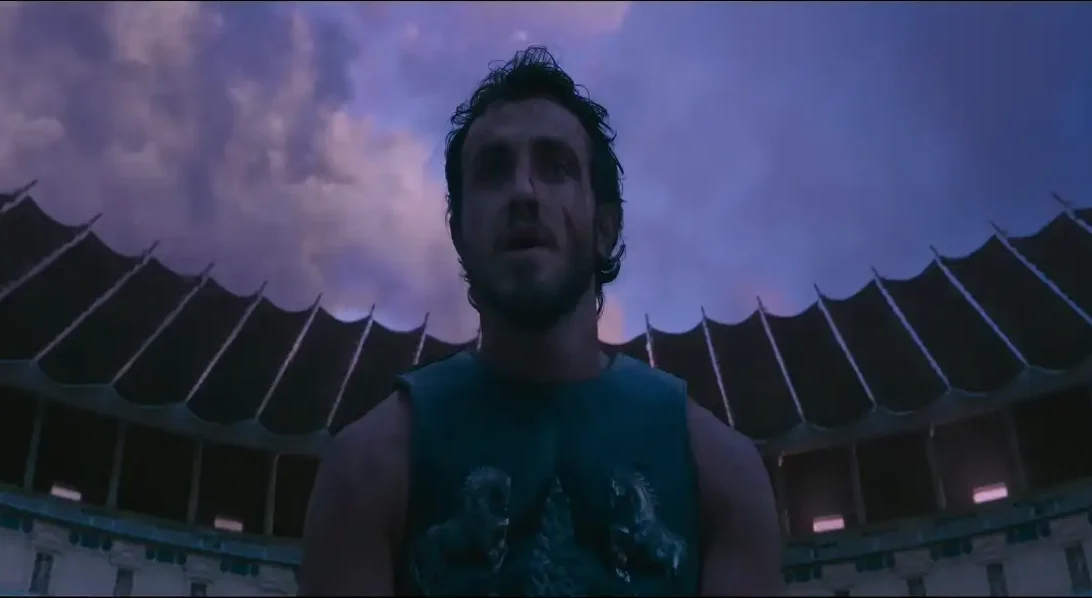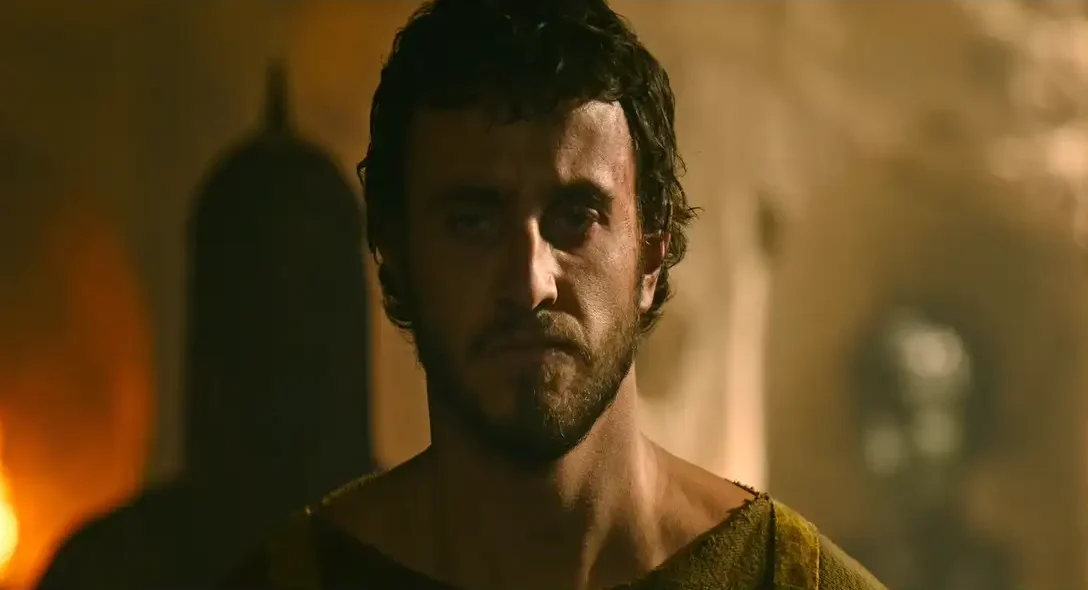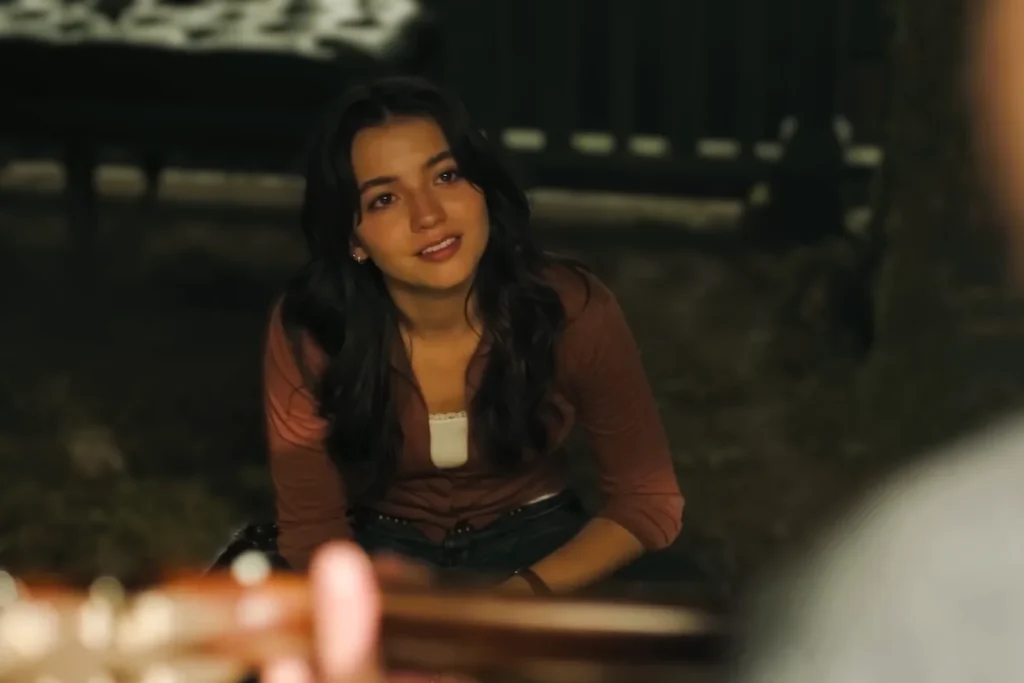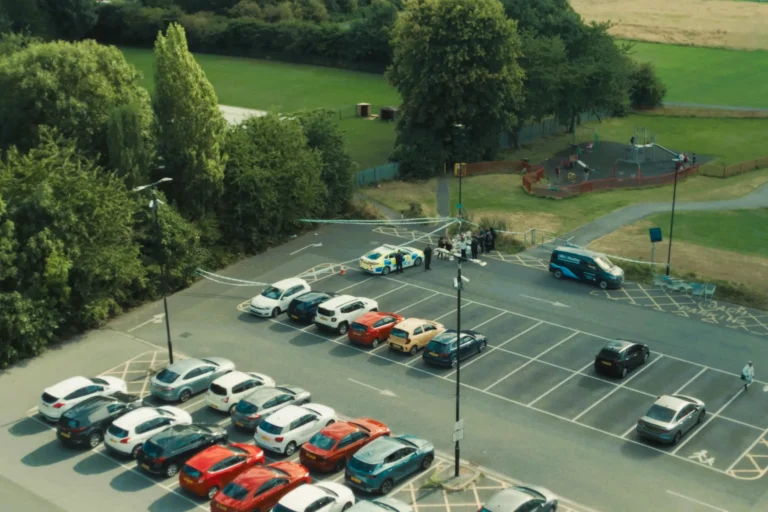Summary:
- In Gladiator 2, Lucius embraces his Roman heritage, recognizing his role in shaping the empire’s future.
- Lucilla’s death serves as a turning point, inspiring Lucius to honor his family’s legacy.
- Douglas Wick highlights the film’s themes of family and destiny, showcasing Lucius’s growth.
- Ridley Scott’s visual storytelling anchors Lucius’s transformation, setting the stage for Gladiator 3.
Gladiator 2 concludes with Lucius Verus (Paul Mescal) making a transformative decision to remain in Rome and take on the responsibilities of leadership.
Lucius’s Journey to Accept His Roman Heritage

Discovering His Lineage
- Lucius learns he is the son of Maximus Decimus Meridius (Russell Crowe), a revelation that ties him to Rome’s ideals of justice, sacrifice, and legacy.
- Despite spending his formative years in Numidia, Lucius’s return to Rome forces him to reconcile his resentment towards the empire with his newfound identity as Maximus’s heir.
Key Events Shaping Lucius’s Decision
- Lucilla’s Death: The loss of his mother (Connie Nielsen), orchestrated by the antagonist Macrinus (Denzel Washington), serves as an emotional and narrative turning point. Her death inspires Lucius to seek justice and honor the values she upheld.
- Defeating Macrinus: Lucius’s victory over the scheming Macrinus cements his position as Rome’s leader. This triumph is more than a battle; it is a symbolic acceptance of his role in shaping Rome’s future.
READ MORE: Why the Wicked Movie Received a Unique Trigger Warning
Producer Douglas Wick Explains Gladiator 2 Ending

According to The Hollywood Reporter, producer Douglas Wick shared significant details about Lucius’s arc in an interview, emphasizing the thematic focus on family and destiny:
“Besides the idea of Lucius as the lost prince, it was someone who hated everything about Rome, making the movie a homecoming. We know enough about movies to know that the more they’re about family, the more solid you are. We then talked for a long time about what the ending of Lucius’s journey would be. He’d return, he’d possibly reunite with his mother, but would he burn down the Colosseum and leave?”
Wick explained how Ridley Scott’s visual storytelling played a crucial role in crafting Lucius’s journey:
“His visual solution to the end involved Lucius being pulled like a magnet towards his destiny as a Roman and his destiny with his family. All of his attempts to cut away his past, to cauterize himself and separate himself from it, would fail.”
This creative approach ensures that Lucius’s internal struggles resonate deeply, making his eventual acceptance of his Roman identity both compelling and meaningful.
READ MORE: Top Emotional Moments in Naruto That Left Fans Speechless
Why Lucius Stays in Rome in Gladiator 2?

Lucius declares himself Prince of Rome after his victory, embracing the responsibilities and expectations of his heritage. A pivotal moment sees Lucius rallying both armies, uniting them under a shared vision for a better Rome.
Unlike Maximus, whose story was fueled by revenge, Lucius’s arc focuses on internal reconciliation and leadership. His decision to remain in Rome reflects his growth and the weight of his lineage. The film’s ending establishes a foundation for Gladiator 3.
Stay updated with the Latest News and Stories, follow us on our social media platforms.
You can follow us on:
Stay Connected!! Join our Whatsapp Channel














